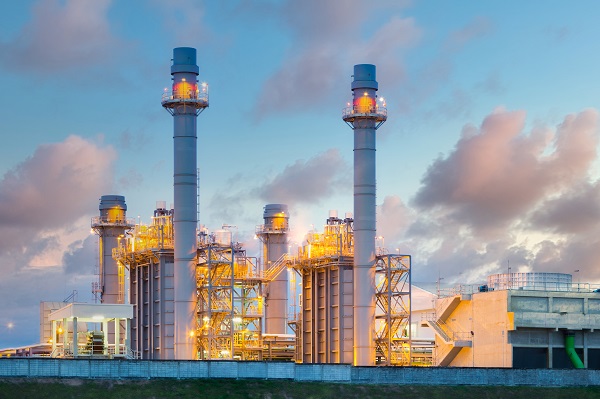As a manufacturing plant owner, you must understand the amount of time and work it takes to build an industrial plant. The more you know about what is involved with building and maintaining your plant, the less likely you are to run into any significant problems. By understanding the process and the equipment available on-site, you will be able to identify which steps are necessary to put more energy into when building your plant.
Land
The land you choose to build on is an incredibly important choice. You don’t want to set up in an area that’s difficult to drain off the water when it rains, is difficult to get to, or has poor soil which could impact the building itself sooner or later. You also don’t want to be too far away from your customers or your suppliers, as that added time can detract from either having the supplies or getting your product where it needs to be on time. Also, keep in mind the option for expanding your plant as your business grows.
Foundations
Once you have your land chosen, bought, and prepped, it comes time to lay the foundation for your plant. The types of foundation you have to choose from should all depend on the type of soil you’re building on and easy it should be to make repairs once the ground begins to settle underneath the building. Concrete floor slab systems are the most economical choice for a small industrial plant. They are also the easiest to install and maintain. Steel-wall foundation systems are more expensive in the early stages, but they provide the support necessary for larger industrial plants.
Flooring
After the foundation comes to the floors. You want to pick something that can be easily cleaned and maintained no matter the work that gets done in your plant. Flooring options can range from dairy brick, which can come from manufacturers such as Archway Brick and Tile, to concrete. Dairy brick is famous for being easy to keep clean thanks to its use in the dairy industry, especially when the environment needs to remain hygienic.
No matter what material you choose, however, it should be able to put up with a lot of stress and abuse. Industrial plants see a lot of heavy traffic, whether that be the transportation of goods, products, machinery, or people. Heavy equipment has to be moved from time to time, as well as the possibility of items being dropped on the floor. Your flooring should be able to withstand a lot of potential damage in order to keep up with what goes on day to day in the manufacturing world.
Utilities
An excellent electrical system, HVAC system, decent lighting, and a good fire-protection system are all essential to keep your building operating efficiently. Consider which energy companies are most agreeable to your budget, the same going for plumbing, HVAC, and lighting. Some companies may be more costly than others, and that’s definitely something you should compare before deciding which one will be installed in your building. You will also want to determine whether you want a centralized or split-type system for your cooling and heating needs to work with your operation plans.
The visibility of your plant is essential. A sound lighting system can help keep everyone safe throughout the day and night and will help you avoid any possible accidents during regular operating hours.
Finally, there’s always the chance of a malfunction or accident setting fire to the building, so it’s best to have certain protections put in place long before that ever happens. This includes things such as alarms, sprinklers, and a fire safety plan to keep everyone safe.
Security
Security for any establishment or facility is always important. You need to be sure that your property is safe, and the easiest way to do that is with a security system you have absolute trust in. You should invest in decent cameras, alarms, and probably a security fence that wraps around the property. Depending on what you’re manufacturing, it might be worth it to employ actual security staff, even if it’s just to watch the building at night. All of these measures can be a big help in deterring thieves, vandals, or anyone else who might think messing around in your industrial plant is a good idea.
When it comes to building your industrial plant, it’s important to consider what goes into building it. From where the building will be physically located to the materials that make up the structure, there’s a lot to consider. You should pick a location that’s equidistant from where you source your raw materials to where you plan to sell your product. The foundation of your building needs to be sturdy enough to endure the ground settling underneath the building and be able to support the building’s weight for years to come. The flooring should be a material that’s easy to maintain. The utilities in your plant should be able to make the entire building comfortable to be in, whether that be decent lighting or an HVAC system that’s able to handle heating and cooling the entire building. Lastly, a decent security system should be able to keep out anyone who shouldn’t be there and offer you peace of mind. All of these are just some of the things that go in to making a decent industrial plant that you can rely on for years to come.

